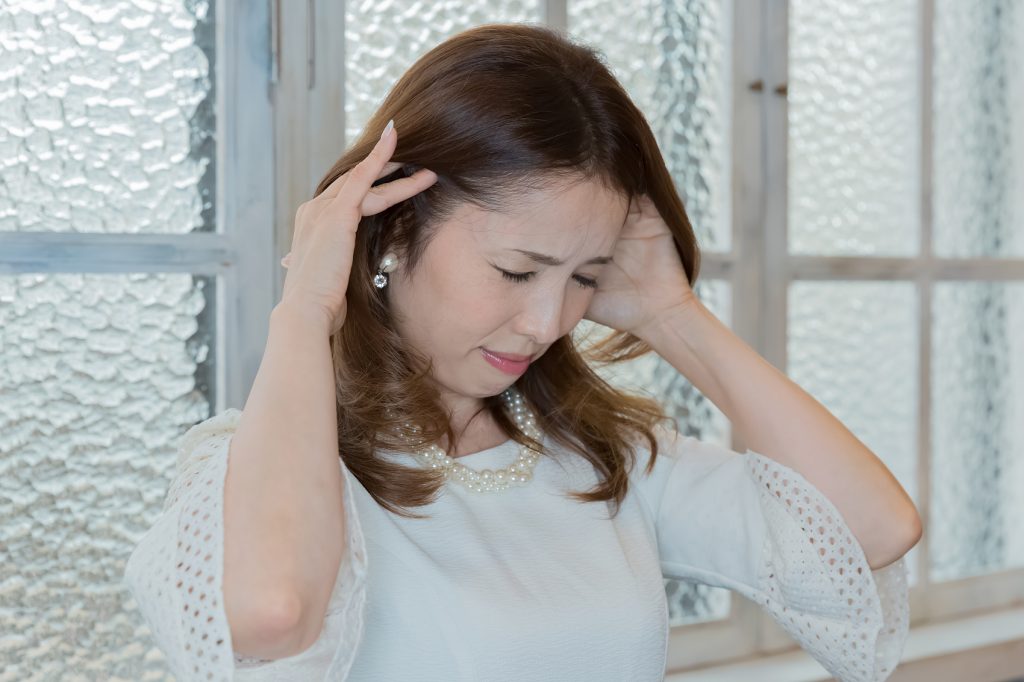Menopause is a natural phase in a woman’s life marked by the end of her menstrual cycles and fertility. This period comes with its own set of stages and symptoms, and there are various ways to manage and ease the transition. Here’s a straightforward guide to understanding menopause, its stages, and the available treatments.
What is Menopause?
Menopause occurs when a woman’s ovaries stop producing the hormones estrogen and progesterone, leading to the cessation of menstrual periods. This usually happens when you haven’t had a period for over a year.

The Three Stages of Menopause
- Perimenopause: This stage often starts in a woman’s late 40s or early 50s, characterized by irregular menstrual cycles but not the complete stop of menstruation.
- Menopause: Officially begins when you’ve gone a full year without a menstrual period. During this time, symptoms like hot flashes and sleep disturbances become more pronounced.
- Postmenopause: This phase starts a year after your last period and continues for the rest of your life. Symptoms can vary widely in severity. If you experience vaginal bleeding during postmenopause, it’s important to consult a doctor.
Common Symptoms of Menopause
Menopause can bring about a variety of symptoms, which differ in severity from one person to another. Common ones include hot flashes, mood swings, decreased libido, and vaginal dryness. You might also experience persistent headaches and sleep problems due to these symptoms.
Less Common Symptoms
Some women may also face joint and muscle pain, concentration issues, unexplained weight gain, and hair thinning due to hormonal changes.
Treatment Options
Menopause can be managed through several approaches, from lifestyle adjustments to medical treatments.
- Hormonal Therapy: This involves supplementing the hormones that your body stops producing. It’s quite effective in alleviating menopausal symptoms.
- Non-Hormonal Medications: These include antidepressants for mood swings and over-the-counter remedies for hot flashes and sleep issues.
- Lifestyle Changes: Adjusting your diet by reducing caffeine and spicy foods can lessen hot flashes, while foods rich in isoflavones (plant estrogens) may help mitigate symptoms. Regular exercise not only helps manage weight and mood swings but can also improve sleep.

Support and Community
Joining a support group can provide a space to share experiences and tips with others who understand what you’re going through, offering both emotional and practical support.
Menopause isn’t an endpoint but a natural progression in life. With various treatments and lifestyle changes available, it’s possible to manage the symptoms effectively and maintain a healthy, active life during and after the transition.








